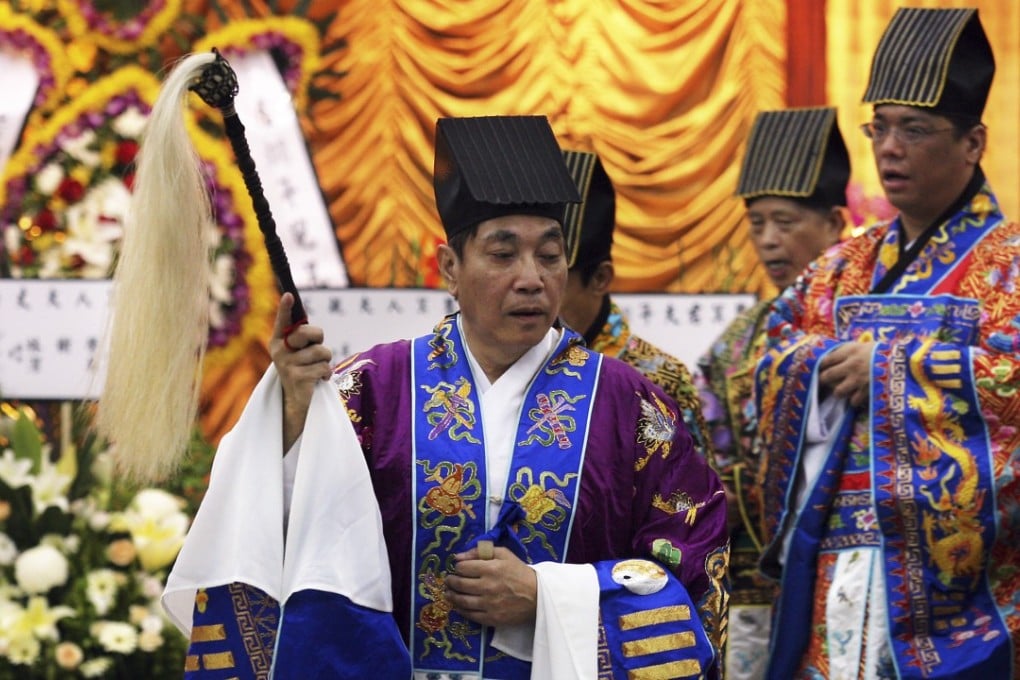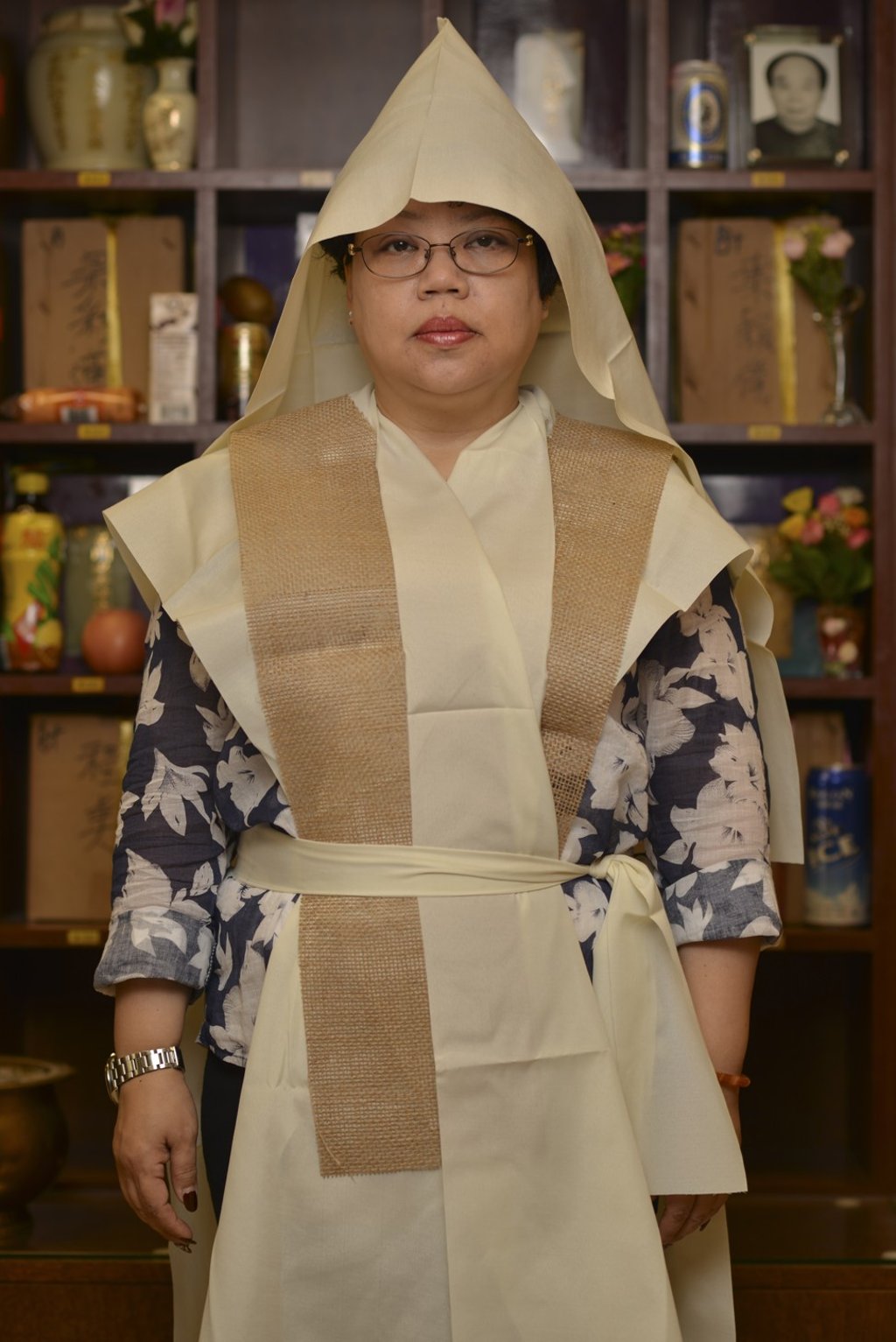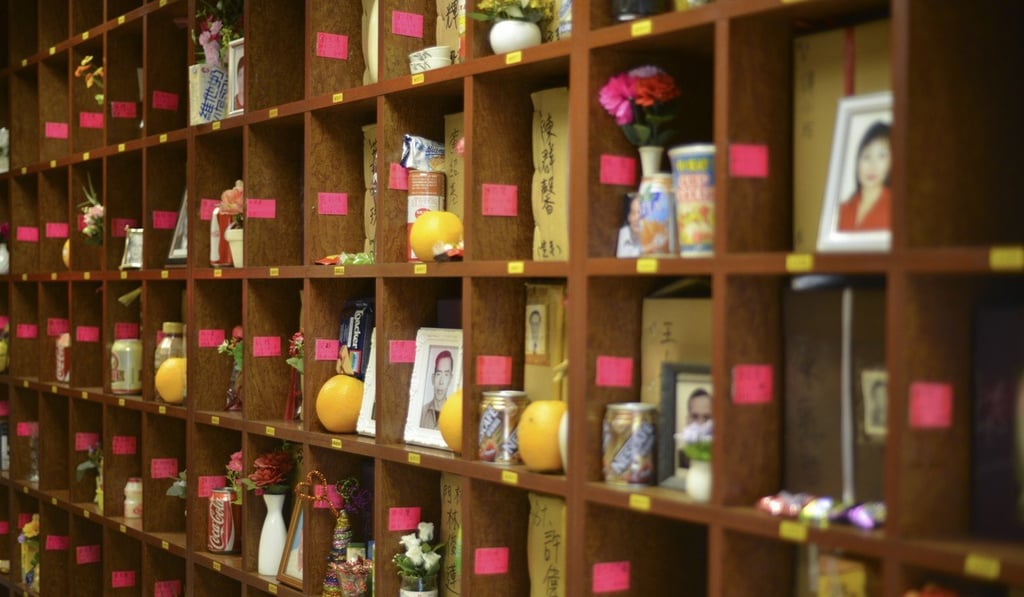Hong Kong’s Taoist funerals: the superstition, symbolism and how to stop your soul being dragged into the coffin
From swordplay to sweet treats, few Chinese funeral traditions are as involved as a Taoist ceremony. We find out how to ward off evil entities and guarantee a peaceful afterlife for the deceased

Mourners are dressed in loose white clothing, the women hiding their sadness behind large pointy hoods. The ear-piercing, discordant sound from the suona, a woodwind instrument, is played by a priest. At some point, swords will be waved, tiles will be smashed, and paper models of houses, servants and various other objects will be set on fire.
This is the eerie spectacle of a Chinese Taoist funeral ceremony, with rituals, symbolism and ghostly superstitions dating back to ancient times. The most popular choice of funeral service in Hong Kong, the Taoist ceremony places the utmost importance on appeasing malignant spirits to protect the soul of the deceased, and on safeguarding mourners from the spirits’ wicked ways.
“The main theme of the funeral is filial piety, which is a core Chinese value,” says Teresa Law Wai-man, whose family have been in the funeral business for more than 30 years. Her Wing Fook Funeral Home is among a cluster of businesses serving the needs of the bereaved on Wa Fung Street in Hung Hom.

A heady odour of incense fills the air in Law’s shop, where numerous funeral urns containing ashes reside in antique wooden compartments, awaiting removal to a permanent resting place in a columbarium. Photos of the departed stand beside the urns, along with offerings of sustenance that the deceased may have enjoyed in life, such as fruits, candies, Coke and mooncakes.

Law’s shop sells a range of funeral paraphernalia, including the white cotton and sackcloth garments worn by mourners. In the old days, the coarse, poor quality material was chosen to convey mourners’ humble reverence for the dead, Law says. Bright colours, particularly red, which is associated with many Chinese celebrations, are unacceptable at a funeral.